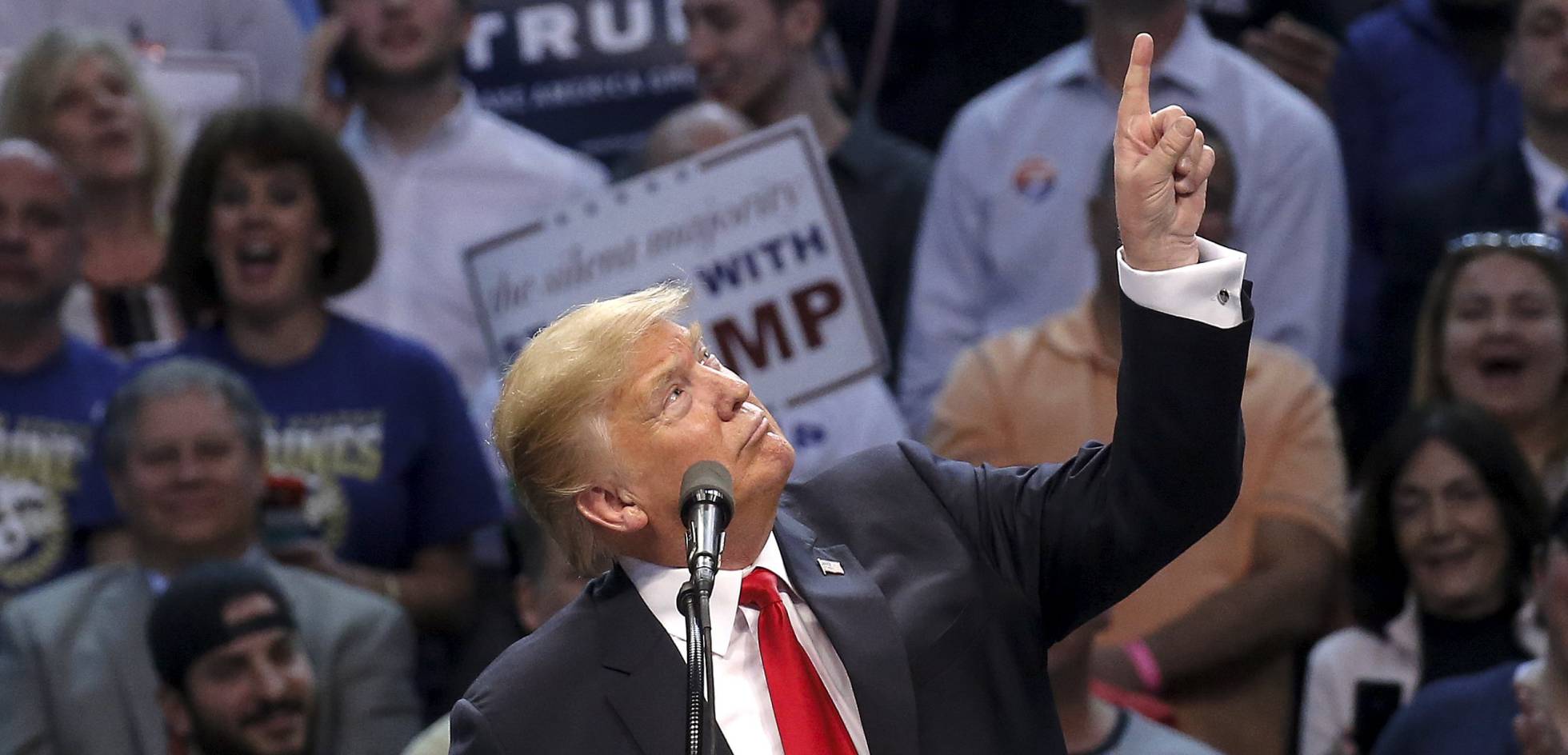It’s Time for the West to Really See China
Why is Cameron “pro-China”? Because he favored China’s position on the Asian Infrastructure Investment Bank, advocated a proactive and reasonable attitude toward the relationship with China, and is launching a “golden era” in China-U.K. relations.
But is Cameron really “pro-China”? Why does he seem like a minority in the EU? It is true that he was one of the first among European leaders to realize an ideology shift, pragmatically seizing the opportunity of China’s rise, and looked for Britain’s financial advantage in issues with globalizing the renminbi and the AIIB. He was using China to shape the world, to ensure Britain would have a voice in the process of forming a new international financial and economic order. In this sense, Cameron is not so much pro-China but pro-Britain; he’s securing British national interests in a changing world.
There is a proverb that goes, “The first bird to fly gets shot down first.” Cameron’s transformation naturally drew discontent from other Western countries. The discontent reflects how they haven’t left their ideological prejudices behind and are disconnected from the times. Cameron is definitely not the only Western leader to have had a change in his mindset. German Chancellor Angela Merkel has also become increasingly reasonable in her attitude toward China. Germany has also had an active role in joining the AIIB and was one of the first Western countries to do so.
It could be said that how one sees China is a reflection of how one sees the world, oneself, and globalization.
First, let’s talk about how one sees the world. When industrialization began in Britain, the country only had a few million people. Population in all of Europe was only in the tens of millions and America only had a few hundred million people. Today, billions and billions of people are rapidly moving to modernization, and multiple centers of development are coming into their own all over the world. The world’s power balance is moving toward a direction that is beneficial to world peace and development.
Then there’s how one sees oneself. The Western way is a regional way, but because the West was the first to industrialize and globalize, it did have a global character. Many countries also industrialized in the Western way, so globalization became a universal concept.
Finally, there’s how one sees globalization. The Chinese problem is increasingly how global problems are manifested in China. How one sees China cannot be based on existing ideology and expectations, or using oneself or other historical models, or constantly claiming “China threat” or “China collapse,” and blaming the global imbalance and unemployment on China.
Karl Marx has said that learning a foreign language requires forgetting one’s mother tongue. Getting to know China involves forgetting about oneself, and not using one’s own or historical models to evaluate China. It is especially advisable not to oppose China with the West. China is a civilized country that is conventional, continuous, and has never been colonized by the West, which is why China was often maligned and discriminated against in the Western world.
Prime Minister Cameron may not have understood this point, but he may have felt China was neither exceptional nor ordinary. It was necessary to treat China without historical prejudices and ideological biases, and see the country in the context of overall history, logic, and trends. This is also a test of how one sees oneself, the world, and globalization.
The author is the director of the EU Research Center and a senior researcher at the Chongyang Institute for Financial Studies at Renmin University.

